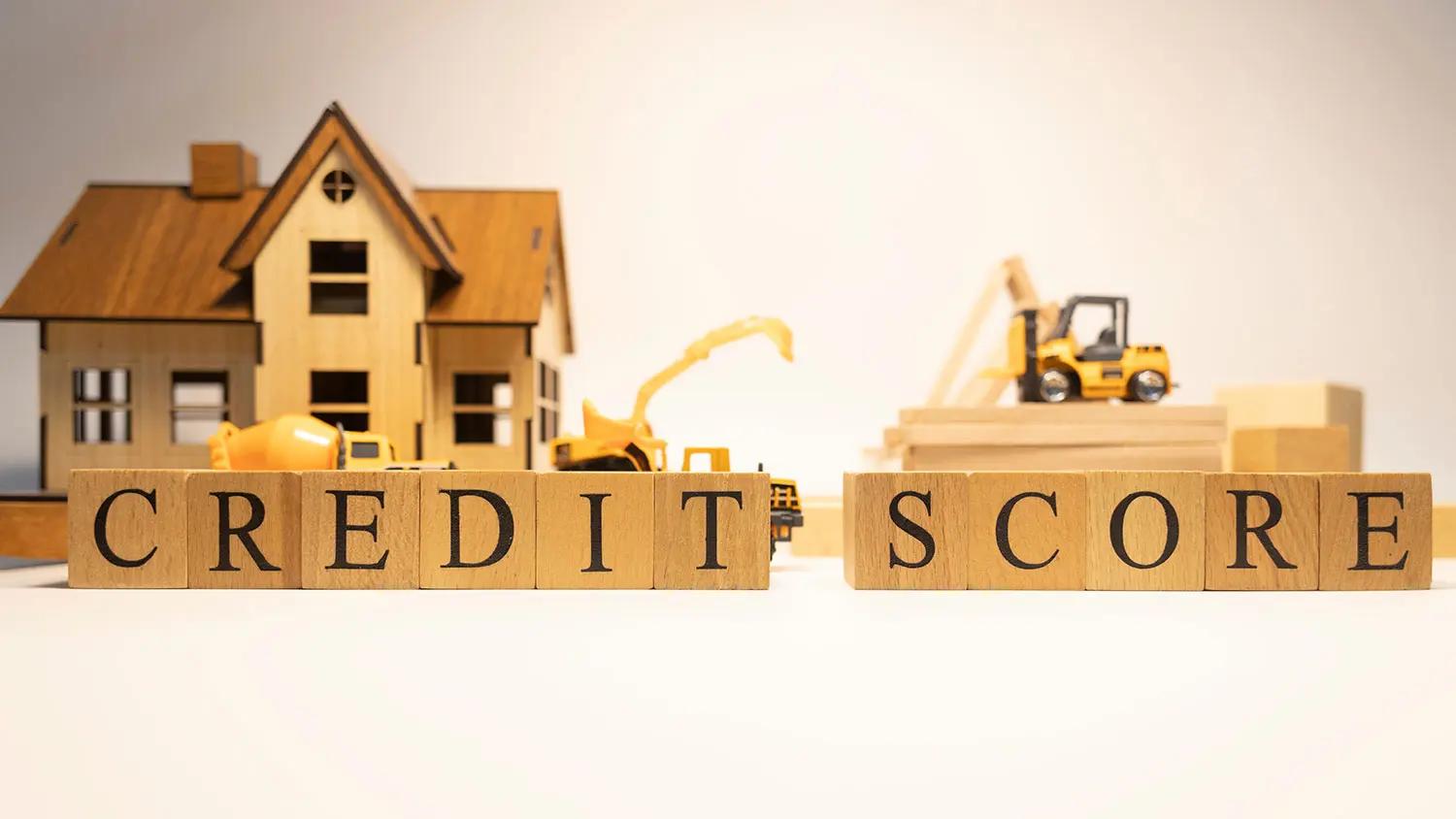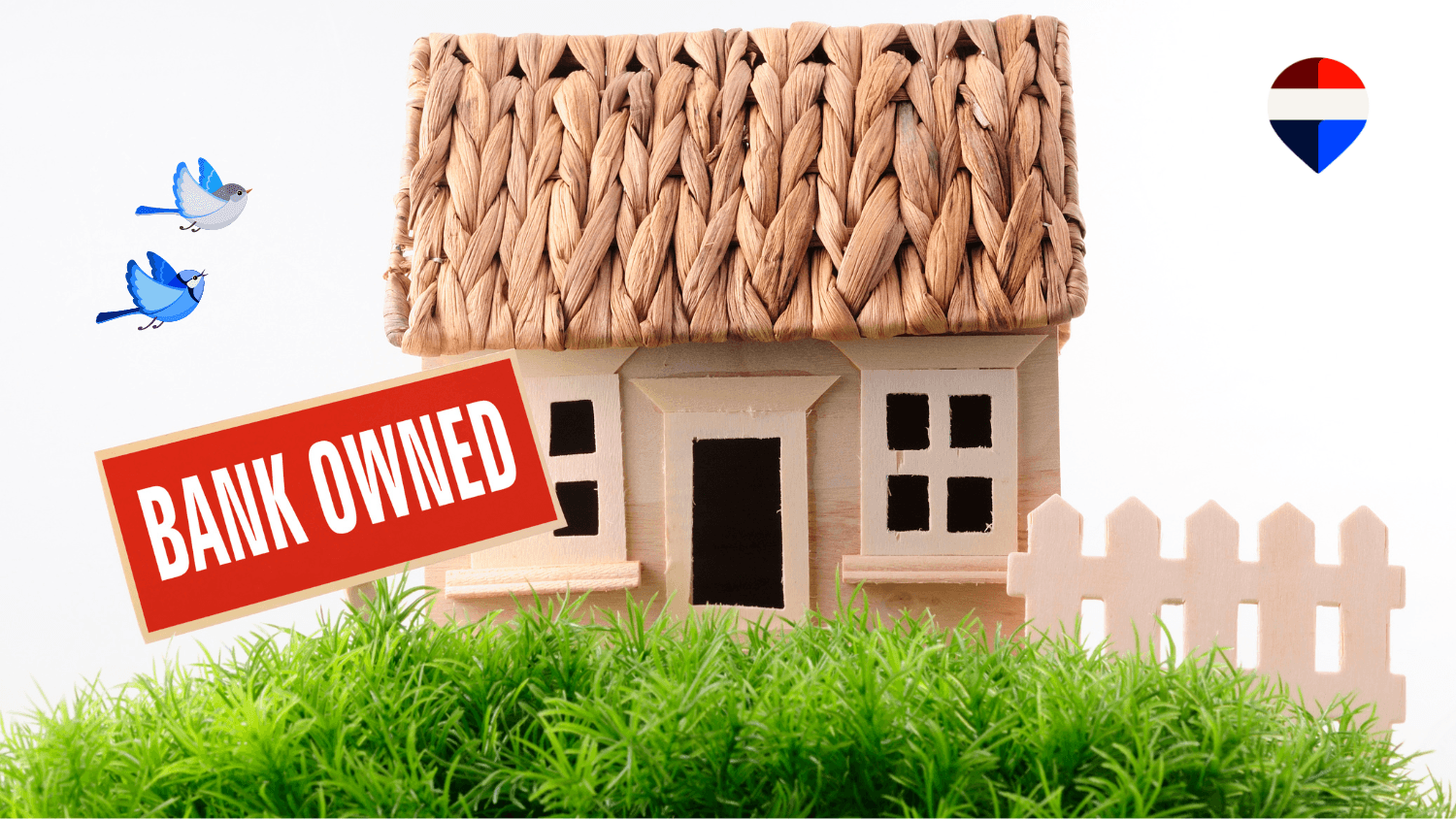Living on a single income is a challenge that some may decide to undertake to raise a young family. Others, either as a result of sudden unemployment or disease, have no other option but to make ends meet on a single income. No matter whether deliberate or not, there are ways to afford a home on a single income. Below are a few practical financial moves to help you stay afloat:
Be realistic about what you can afford
If you’re planning to live on a single income, you need to be realistic about what you can afford and leave yourself plenty of breathing room so that you never find yourself in a position where you can no longer afford the repayments on your home loan. Bond repayments change every time the interest rates change, so taking on debt to the hilt of what your household can currently afford is seldom a good idea.
Invest your single income in an appreciating asset
If you’re working with a single income it’s better to buy than to rent, as it eliminates the possibility of annual rent escalations and provides you with an appreciating asset that can be liquidated in times of crisis. If you’ve taken out an access bond, you can treat your home loan as a sort of savings account that can be accessed in case of an emergency. If need be, the property can also be sold, and the money can be used to see you through the crisis.
Rent out a room in your home
If you’ve suddenly found yourself in a situation where you’re living on only one income, you’ll need to reconsider your current living situation to identify where to cut costs and possibly leverage your property to access some much-needed financial relief. You might even be able to rent out a room in your home, either on a short-term basis via platforms such as Airbnb or on a long-term basis with the help of a rental agent.
Downscale your home
If it’s not possible to rent out a room in your home, then you may need to consider downscaling. When considering this option, you should factor in all the costs involved in selling a property to make sure the result will bring about the desired financial relief. Many sellers forget that it can cost a substantial amount to sell a home, from the bond cancellation fees, home inspection and compliance certifications, to settling the municipal accounts as well as paying the agent’s commission. Homeowners need to factor in all these costs to find out what they can afford based on the profit that will result from the sale of their current home.
Final advice
If you’ve decided and planned to live on a single income, you’ll have the opportunity to set yourself up correctly from the start. On the other hand, if you’ve ended up in this position involuntarily, you’ll need to reorganize your life to adapt to the reduced income. Regardless of your circumstances, there’s always a practical solution to help you through times of crisis, even if it means starting the search for a smaller home or reaching out to a real estate agent to rent out a spare room.





